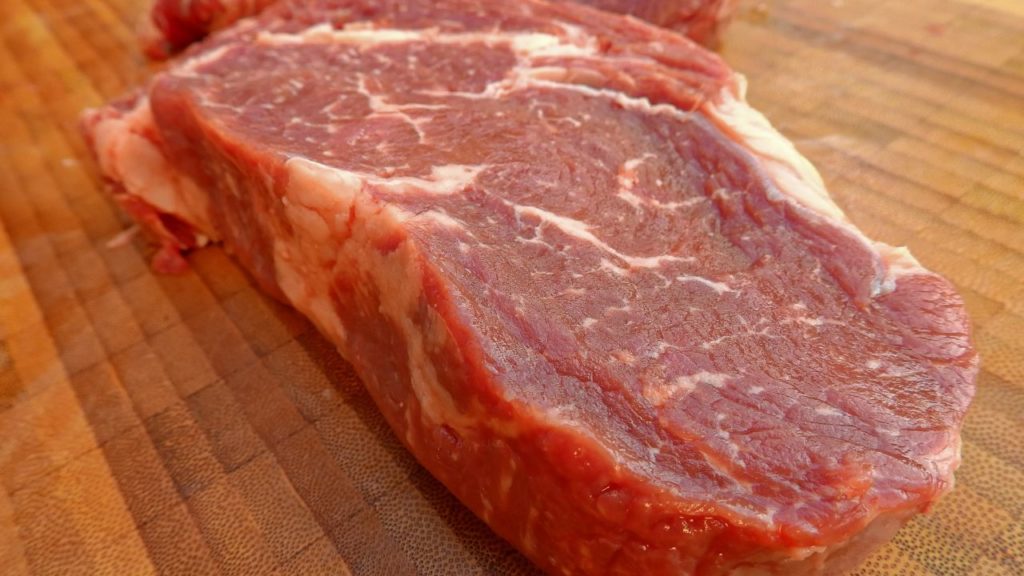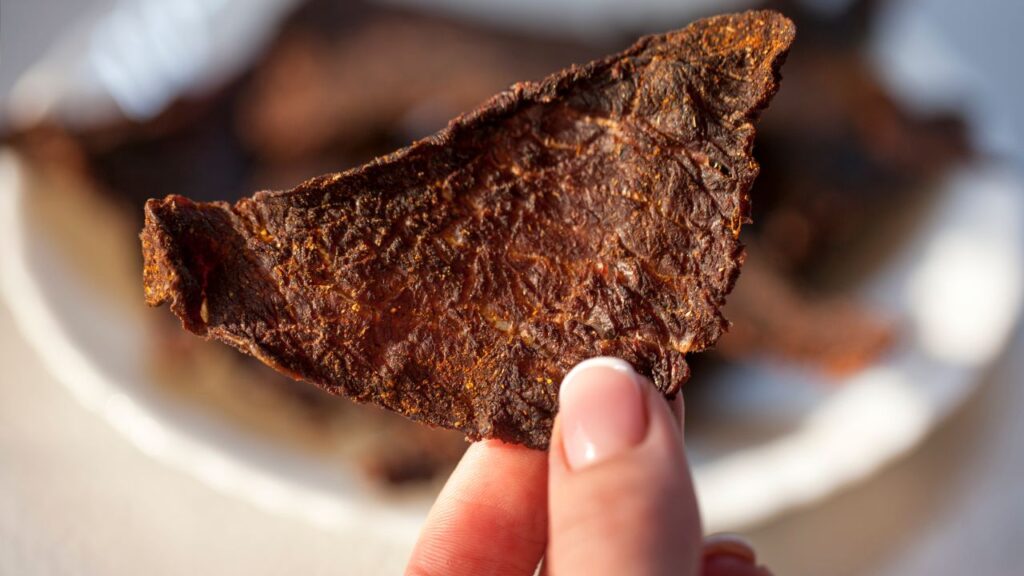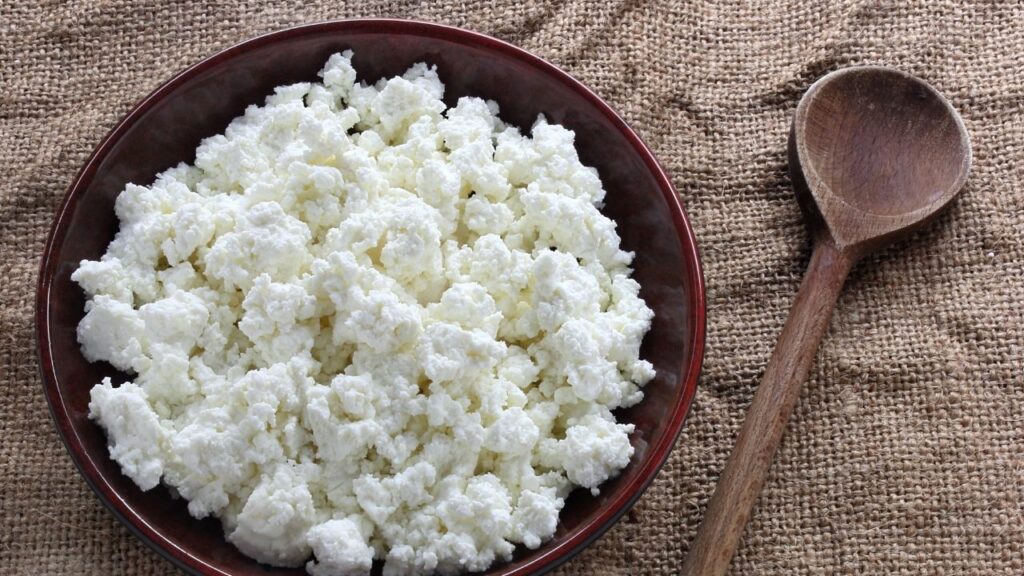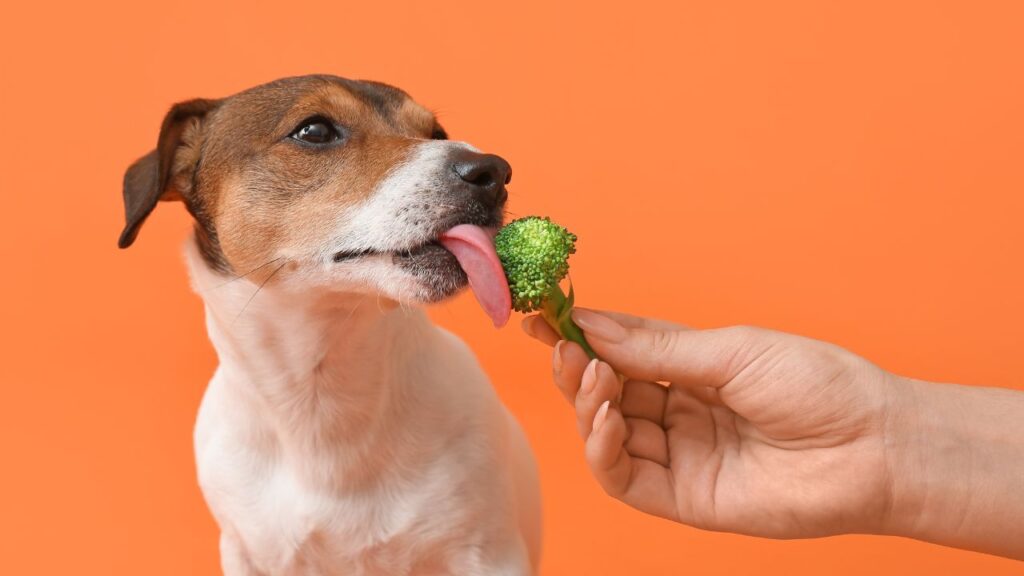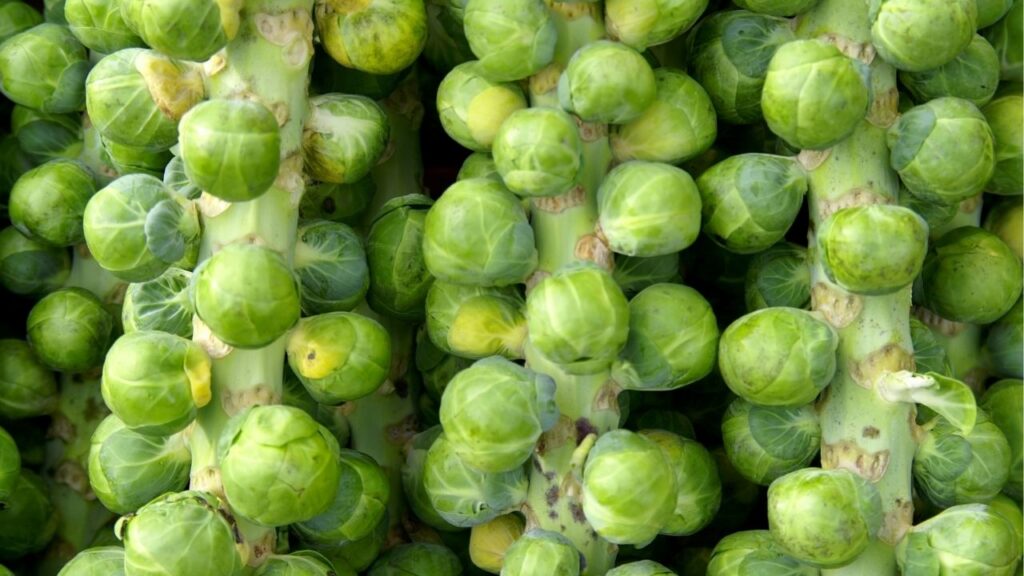Duck is a tasty high-protein poultry that’s low in unhealthy fats and great for dogs with allergies. It's packed with nutrients known to have anticancer properties, including omega-3 fatty acids, selenium, and B vitamins.
Key Takeaways
- You can cook duck for dogs in a crock pot or by roasting it.
- Dogs can eat duck meat, hearts, and eggs.
- Duck is good for dogs with allergies as long as they aren’t allergic to duck.
Delicious and Allergy-Friendly
Duck is a type of meat that can be purchased from local farms, grocery stores, and online. It’s a healthy and more allergy-friendly alternative to many other high-protein animal-based foods and can add some variety to your dog’s diet, whether cooked fresh, frozen, or given in pre-prepared dog food and treats.
In addition to meat, ducks can also be a source of eggs. Duck eggs are rich in protein and omega-3 fatty acids.5 The allergy-friendly nature of duck also extends to its eggs, so duck eggs may be a great alternative if your dog is allergic to chicken eggs.5
Is Duck Good for Dogs?
Duck meat has a large number of vitamins and minerals that can be beneficial for your pup. Duck has some unique advantages over other types of meat and is touted for its health values in Asian cultures.
Like chicken, duck meat is high in protein. However, domesticated duck is much higher in fat. Wild duck is usually lower in unhealthy fats.1 This may be helpful for dogs that are overweight or who have been diagnosed with diabetes.
In comparison to other meats, duck is also less likely to cause an allergic reaction in dogs and is easier to digest, making it an optimal choice for dogs with food sensitivities.
Furthermore, its sweeter flavor and more savory taste profile make it appealing to dogs, meaning it could benefit canine companions who are struggling to eat or lack an appetite due to their cancer or cancer treatment.3
Nutrients in Duck Meat
Duck packs a powerful punch of vitamins and minerals that have health benefits for all dogs, whether they are fighting cancer or not.
Its ability to help fight inflammation has categorized it as a “yin” food in Traditional Chinese Medicine (TCM), meaning that it has a cooling and calming effect on the body that can help with conditions such as cancer and arthritis.2
This idea is starting to gain a foothold in veterinary medicine, with holistic veterinarians suggesting duck as a dietary staple for dogs with cancer at increasing frequencies.
While not a fully exhaustive list, here are some of the key components of duck meat that will benefit your dog:1,8
- Phosphorus –a naturally occurring mineral that is good for bones and teeth.
- Amino acids –the building blocks of proteins, particularly important for the development of strong muscles.
- Potassium – a mineral that is considered essential to carrying out important functions in the body, including the function of enzymes, muscles, and nerves.
- Zinc and Selenium –chemical elements that serve as antioxidants that can help maintain thyroid function. Selenium in particular is great at protecting against oxidative damage in the cell.
- Iron – iron is beneficial to dogs who are anemic.
- B vitamins – B vitamins collectively help to protect your dog from cancer.
- Vitamin B3, commonly called niacin, can help control your dog’s glucose levels.
- Vitamin B6, which you may see referred to as pyridoxine, boosts your dog’s cardiovascular health and helps your dog’s energy metabolism to function at optimal capacity.
- Vitamin B2, also called riboflavin, helps keep your dog’s skin and coat healthy.
- Vitamin B12, also known as cyanocobalamin, is needed for healthy cell growth and help support the nervous system.
Duck Meat and Cancer
Studies on the efficacy of duck in combating cancer in dogs are lacking, but there are some examples that suggest it can at minimum play a role in combatting it.
One case study involving a two-month-old female German Shepherd with renal nephroblastoma reported that a treatment plan of surgery, chemotherapy, and a tailored anti-cancer diet with duck breast as the base resulted in the patient overcoming their lack of appetite and helped keep them in remission for at least 18 months after their initial diagnosis.6
More study is needed to understand what role duck played in this outcome.
Potential Downsides of Feeding Duck to Dogs
- Duck is considered to be low risk for an allergic reaction, but it’s still a good idea to start with lower amounts and carefully monitor your dog’s response. If your dog does have an allergic reaction, you’ll likely notice scratching and skin irritation.
- Duck is rich in ALA, a healthy omega-3 fatty acid. However, dogs don’t easily convert ALA to fatty acids more helpful in cancer, DHA and EPA, so the fatty acids might not be of direct benefit to dogs with cancer on this front. Duck also contains omega-6 fatty acids, which have been linked to cancer risk.3
- Duck eggs are higher in cholesterol than chicken eggs.
- Lastly, duck meat can be prohibitively expensive. If you have to make financial decisions for your dog’s cancer treatment, duck should not be used in lieu of other options with scientific backing for their efficacy.
How to Prepare Duck for Dogs
Be sure to cook duck all the way though. Dogs that have cancer are immunocompromised, and should not be given any raw meat because they are not as able to fight off the dangerous microbes that may be present in raw duck.3
Duck eggs should be cooked as well.
You’ll also want to remove the bones and skin from any duck that you give your dog. Bones can pose a choking hazard to your dog because they are brittle and may break off in the digestive tract.
While there are no direct dangers associated with duck skin, it does contain a high amount of fat because ducks rely on it for buoyancy and warmth in the water. You can remove this layer of fat in between the meat and skin, or strain it off after cooking.3
Avoid adding any garlic, salt, onions, butter, or other spices, as these can upset your dog’s stomach.
You can roast the entire duck or cut it up into pieces before roasting. You can even cook duck in the crockpot for maximum convenience and to prevent the formation of carcinogens. Crockpot recipes can include other dog-friendly ingredients, like brown rice, carrots, and peas.
Simply cook your duck-based meal on low for eight hours or on high for three to four hours. Any leftovers can be stored in the fridge for five to seven days or can be frozen for up to three months.
How Much Duck to Feed
The amount of duck meat that you give your dog will depend on their weight and other nutritional needs.
For example, you can give a 50-pound dog who eats two times a day 6 ounces of duck per meal and a 25 pound dog 3 ounces of duck per meal, as part of a complete and balanced diet.3
Your dog can have one to two duck eggs per week.
Keep in mind that if you aren’t using these foods in part of a complete and balanced diet, you should keep extras (even healthy ones like duck) to 10% or less of your dog’s diet to make sure you don’t unbalance the diet.
Commercial Dog Foods with Duck
You can still offer your dog duck without cooking it yourself. There are many options for duck in dog kibble.
Note: if your dog is allergic to chicken, double check that ingredients list. Some companies will combine duck and chicken protein in the same product.
There are also many dog treats with duck in them. These may come freeze dried, in a soft chew, a biscuit, or as jerky.
As mentioned above, be mindful if your dog is allergic to chicken as some packaging can be misleading. Follow package instructions to determine how many treats you can give your dog per day.
Where to Get Duck for Dogs
You can buy duck, duck kibble, or duck treats online through specialty websites or Amazon. You may or may not be able to buy duck at the grocery store.
Duck at the grocery store is more likely to be frozen than fresh. This doesn’t necessarily take away any of the benefits of duck, as frozen duck still has the same nutrients as fresh duck, but only thaw what you need.
If you want to skip frozen altogether, local farms that pasture raise ducks are your best bet. In general, pasture raised ducks and their eggs are likely to be superior to commercially raised ducks due to higher welfare standards and a smaller scale of operation.
You may also have access to wild ducks through waterfowl hunting. These ducks are typically lower in fat than domesticated ducks you buy in the grocery store. If wild ducks are healthy, they can be a great addition to your dog’s diet. However, be careful, because wild ducks can have bacteria and diseases that are fatal in some cases. For example, one duck died of toxic levels of cyanobacteria (also toxic to dogs) in a freshwater pond.7
- Duck. Government of the Northwest Territories Health and Social Services. https://www.hss.gov.nt.ca/en/services/nutritional-food-fact-sheet-series/duck. Accessed April 17, 2023.
- Hays JL. Duck in TCM. ChineseNutrition.org. http://chinesenutrition.org/view_image.asp?pid=542. Accessed April 17, 2023.
- Dressler D, Ettinger S. The Dog Cancer Survival Guide. Maui Media; 2011.
- Tuzlu T, Saribay M, Koldas Urer E et al. 2021. Evaluation of blood omega-3 and omega-6 levels in healthy female dogs and female dogs with mammary tumors. J Hellenic Vet Med Soc 2021;72(2):2925-29324.
- Fooddata Central: Eggs and Duck Egg. FoodData Central. December 16, 2019. Accessed May 10, 2023. https://fdc.nal.usda.gov/fdc-app.html.
- Jaskiewicz A, Cholewiak-Goralczyk A, Grudzinski P, et al. Holistic management of renal nephroblastoma in a juvenile dog with severe cachexia: A case report. Med Water 2022;78(12):651-655.
- Nowruzi B, Blanco S, Nejadsattari T. Chemical and molecular evidences for the poisoning of a duck by Anatoxin-a, Nodularin and Cryptophycin at the coast of Lake Shoormast (Mazandaran Province, Iran). Int J Algae 2018;20(4):359-376.
- Duck, domesticated, meat only, cooked, roasted. FoodData Central. https://fdc.nal.usda.gov/fdc-app.html#/food-details/172411/nutrients. Published April 1, 2019. Accessed April 17, 2023.
Topics
Did You Find This Helpful? Share It with Your Pack!
Use the buttons to share what you learned on social media, download a PDF, print this out, or email it to your veterinarian.
